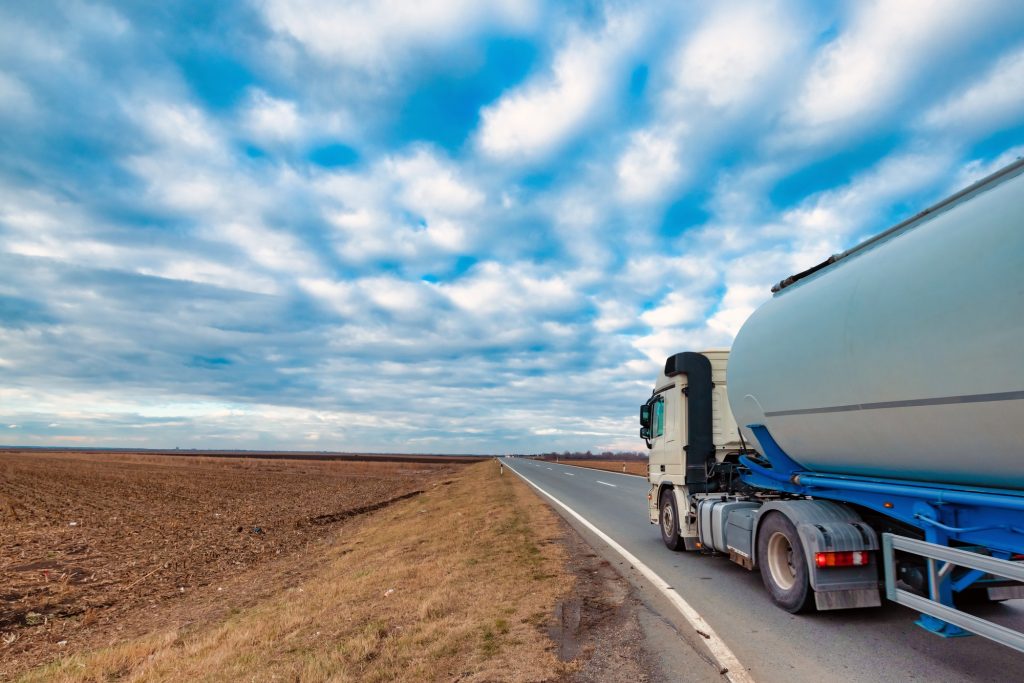Fuel transportation is one of the most important economic activities in the world. Fuel in its various forms, including gasoline, diesel, diesel, liquefied petroleum gas, rocket fuel, and marine vehicle fuel, is required for many essential activities including transportation, power generation, and heating.

Trailers are one of the main methods of fuel transportation. Tanker trailers can carry large quantities of fuel at relatively high speeds. This makes them ideal for transporting fuel to remote areas or areas where there is no other transport infrastructure such as pipelines or railways.
All kinds of fuel tanker trailers
There are different types of fuel tanker trailers, each of which is designed to carry a specific type of fuel. Some common types of fuel tanker trailers are:
- Crude oil tanker trailers: These trailers are used to transport crude oil from refineries to other places. They usually have large tanks that can carry up to 100,000 barrels of crude oil
- Gasoline tanker trailers: These trailers are used to transport gasoline from refineries to gas stations and other places. They usually have smaller tanks than crude oil tanker trailers and can carry up to 10,000 barrels of gasoline.
- Diesel tanker trailers: These trailers are used to transport diesel from refineries to gas stations and other places. They usually have tanks similar to gasoline tanker trailers and can carry up to 10,000 barrels of diesel.
- Liquid gas tanker trailers: These trailers are used to transport liquid gas from refineries to other places. They typically have smaller tanks than other fuel tanker trailers and can carry up to 1,000 barrels of LPG.
Advantages and disadvantages of transporting fuel with a trailer
Transporting fuel with a trailer has certain advantages and disadvantages. Some of the advantages of this method are:
- Flexibility: Trolleys can easily reach remote areas or areas where there is no other transport infrastructure.
- Speed: Trailers can carry fuel at a relatively high speed.
- Cost: Transporting fuel by trailer is usually relatively cheap.
Some of the disadvantages of this method are:
- Safety Hazards: Transporting fuel by trailer can be dangerous, as fuel can be dangerous if it leaks or catches fire.
- Pollution: Transporting fuel by trailer can cause air pollution.
Safety tips for transporting fuel with a trailer
Transporting fuel by trailer is a dangerous activity. To reduce safety risks, tanker truck drivers should receive special training in the field of fuel transportation safety. Some important safety tips for transporting fuel with a trailer are:
- Adherence to the speed limit: Tanker trolley drivers must follow the speed limit to avoid risks caused by overturning of the trailer.
- Observance of safety distance: Truck tanker drivers must maintain a proper safety distance with other vehicles so that less damage is caused in the event of an accident.
- Regular checking of the trailer: Tanker trailer drivers should carefully check the trailer before each move to ensure that it is healthy.
- Use of proper safety equipment: Tanker trolley drivers must use proper safety equipment such as helmets, safety glasses, and safety gloves.

